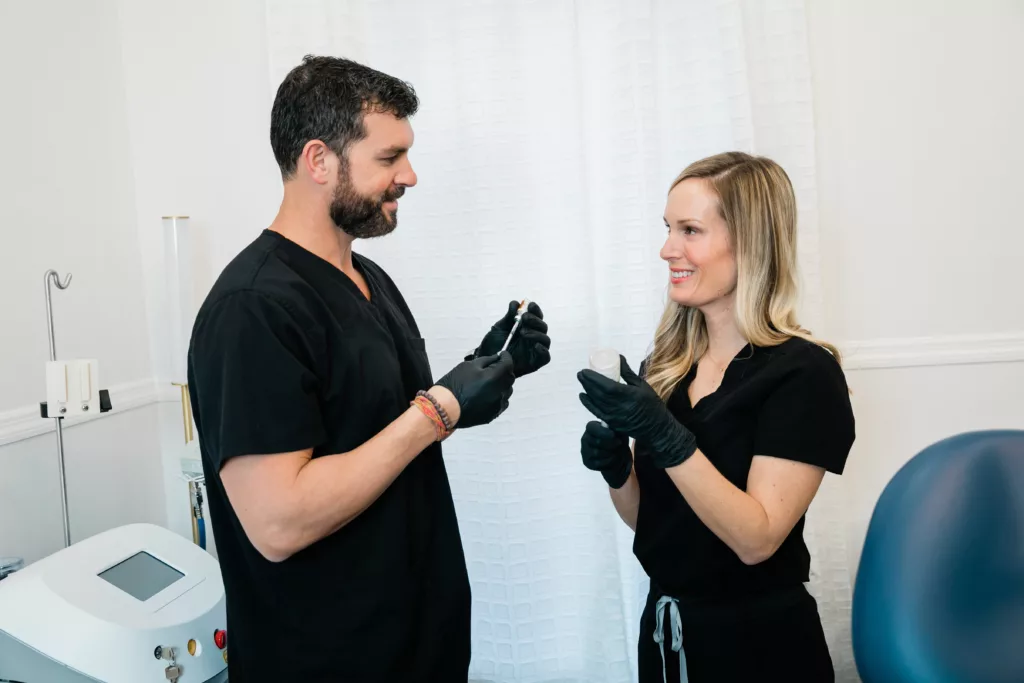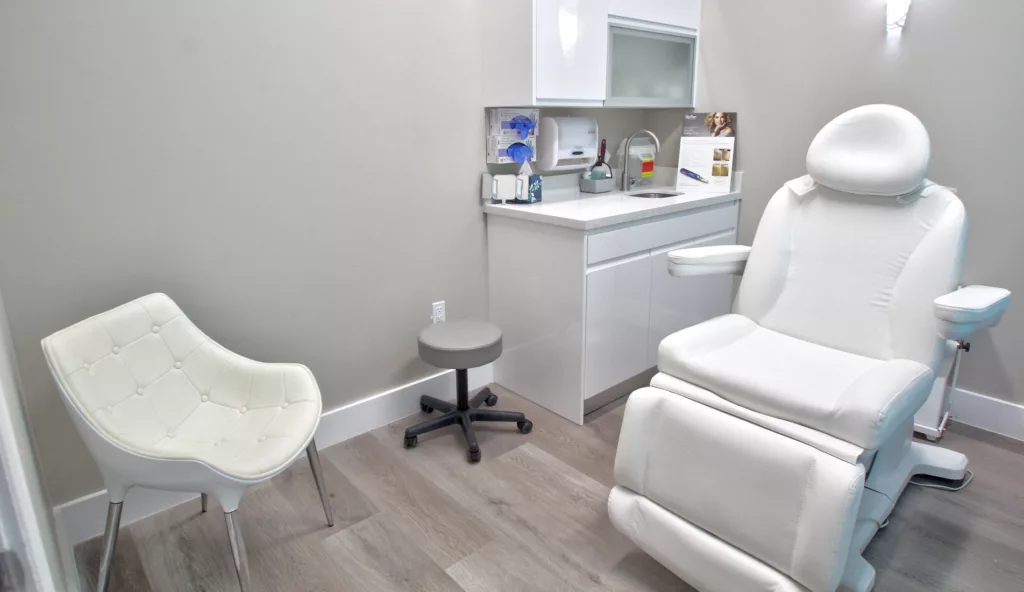Whether you're considering a traditional doctor-to-doctor transition or exploring corporate/DSO options, the path you choose can significantly impact both your sales value and personal satisfaction. Based on our experience across hundreds of transitions, here's what drives exceptional outcomes on both paths.
Doctor-to-Doctor Sales: Keys to Success
For practices in the $1M-$1.5M revenue range, individual buyer transitions remain an excellent option. Success in these transitions requires careful attention to several key areas.
Timing is Critical
While the average dentist retires at 69, starting your transition planning at peak performance gives you leverage. The best outcomes happen when practices demonstrate strong patient flow, healthy PPO/FFS payer mix, stable staff retention, and well-maintained equipment and systems.
Know Your Practice's Story
Regular practice evaluation helps identify both opportunities and potential deal obstacles before they impact your sale. Individual buyers focus intensely on treatment mix, insurance participation, staff longevity, technology integration, and patient demographics. Understanding and communicating these elements strengthens your position in negotiations.
Build a Transition Partnership
The most successful doctor-to-doctor sales often involve a structured transition period. Being willing to stay in a supportive role not only increases buyer confidence but typically translates to better terms and higher valuations.
DSO/Corporate Sales: Maximizing Value
DSO buyers often offer compelling opportunities for practices over $1.5M in revenue. Success with corporate buyers requires a different approach.
"When the practice became nine offices I really wanted to bring the practice to another level. I knew I was limited with just myself," said Dr. Emily Lee.
Professional Presentation
Corporate buyers evaluate specific metrics that differ from individual doctors. They focus heavily on EBITDA quality, growth potential, operational systems, market position, and real estate situations. Professional presentation of these elements significantly impacts valuation.
"Thomas' knowledge of the market in itself was very beneficial... Everything was pretty much organized and done for me," said Dr. Robert Hendricks.
Define Your Post-Sale Role
Clear expectations about your future involvement significantly impact both deal structure and valuation. Understanding your desired work schedule, clinical autonomy, management responsibilities, and the timeline for retirement help match you with the right partner.
Focus on Strategic Fit
Finding the right corporate partner involves understanding their growth strategy, evaluating their track record, assessing their approach to practice autonomy, and confirming alignment on patient care philosophy. This alignment often proves as important as financial terms in long-term satisfaction.
Moving Forward Confidently
Your practice sale represents a career-defining transaction. Whether you choose a traditional transition or corporate partnership, understanding these value drivers helps you make informed decisions and achieve better outcomes.
At Practice Transitions Group, we help you evaluate your specific situation objectively and execute effectively on whichever path best serves your goals. Our experience ensures you have the guidance needed to maximize both financial outcomes and personal satisfaction.



